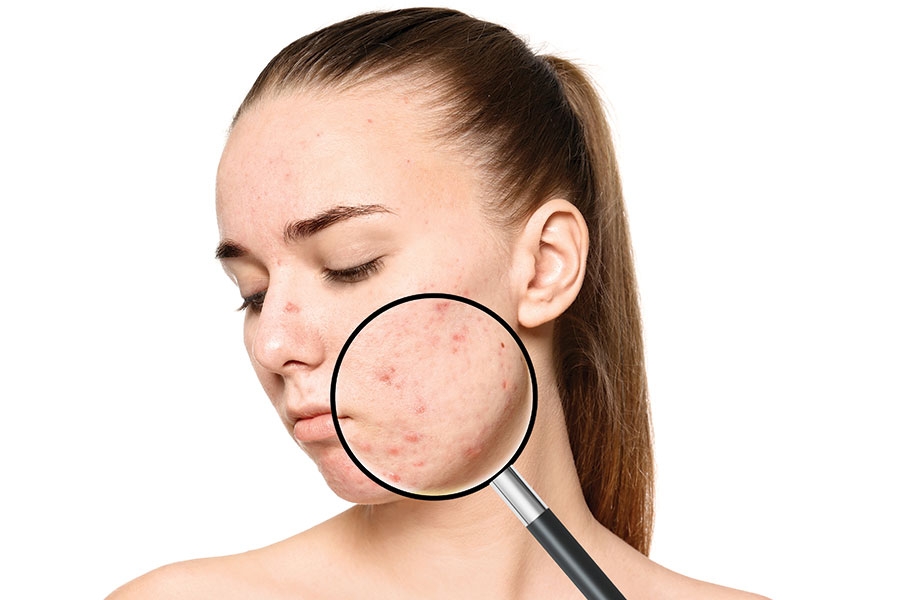Psoriasis is a chronic skin condition that affects millions of people worldwide, leading to discomfort and psychological stress. Biologic therapeutics are a promising and rapidly advancing field in dermatology for treating psoriasis. This overview explores the significance and potential of emerging biologic therapeutique-dermatologique treatments in managing this skin disorder.
The Psoriasis Challenge:
Psoriasis is a complex autoimmune skin condition characterized by itchy, scaly, and often painful patches of thickened skin. Traditional treatments have provided relief for many patients, but some cases remain resistant to these methods.
Biologic Therapeutics:
Biologic therapeutics, also known as biologics, are a class of medications derived from living organisms. They target specific proteins or immune system responses involved in the development of psoriasis. Biologics offer a personalized approach to treatment and have shown significant promise in the field of dermatology for psoriasis management.

Advantages of Biologics in Dermatology:
Targeted Approach: Biologics precisely target the underlying causes of psoriasis at a molecular level, minimizing side effects.
Efficacy: Studies have demonstrated that biologics can achieve rapid and substantial improvement in psoriasis symptoms, often in cases resistant to other treatments.
Long-Term Management: Many biologics provide long-lasting symptom relief, reducing the need for frequent treatments.
Quality of Life: Patients report improvements in their quality of life, including relief from pain, itching, and emotional distress associated with psoriasis.
Emerging Biologics for Psoriasis:
Several biologic therapies are currently being developed and have shown promise in the treatment of psoriasis. These emerging treatments are still under investigation but hold great potential for improving patient outcomes:
- IL-17 Inhibitors: Drugs that target the interleukin-17 pathway have shown effectiveness in reducing psoriasis symptoms. Secukinumab and ixekizumab are examples of IL-17 inhibitors that have been approved for psoriasis treatment.
- IL-23 Inhibitors: These biologics target the interleukin-23 pathway and have been found to be highly effective in clinical trials. Guselkumab and risankizumab are examples of IL-23 inhibitors.
- JAK Inhibitors: Janus kinase (JAK) inhibitors are oral medications that target specific enzymes involved in the immune response. Tofacitinib is one such JAK inhibitor that is being explored for psoriasis treatment.
Challenges and Considerations:
While biologic therapeutique-dermatologique is promising avenue for psoriasis treatment, challenges include the cost of these medications and potential side effects. Ensuring patient access to these treatments and ongoing research into their long-term safety are important considerations.
Key Takeaways:
- Biologic therapeutics are a promising and rapidly advancing field in dermatology for psoriasis.
- Biologics offer targeted and effective treatment options, improving quality of life for psoriasis patients.
- Emerging biologics such as IL-17 inhibitors, IL-23 inhibitors, and JAK inhibitors show promise for psoriasis management.
- Challenges include the cost of biologics and potential side effects, which require ongoing research and consideration.

